Podcast: Play in new window | Download | Embed
Subscribe: Apple Podcasts | Spotify | Amazon Music | Email | TuneIn | RSS | More
An hour-long conversation with Fonda Lee, author of the Green Bones Saga (Jade City, winner of the 2018 World Fantasy Award for Best Novel, Jade War, just released, and Jade Legacy, in progress, all from Orbit Books), as well as of the acclaimed young adult science fiction novels Zeroboxer, Exo, and Cross Fire.
Website
www.fondalee.com
Twitter
@FondaJLee
Facebook
@fonda.lee.94
The Introduction
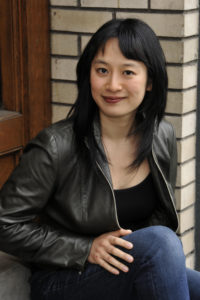
Fonda Lee is the author of the Green Bones Saga, beginning with Jade City, which won the 2018 World Fantasy Award for Best Novel, and continuing in Jade War, which came out in August. Book 3, Jade Legacy, is currently in progress. She is also the author of the acclaimed young adult science fiction novels Zeroboxer, Exo, and Cross Fire.
Fonda’s work has been nominated for the Nebula, Andre Norton, and Locus Awards and been named two best-of-year lists by NPR, Barnes and Noble, Powells Books, and SyFy Wire, among others. She won the Aurora Award, Canada’s National Science Fiction and Fantasy Award, twice in the same year for best novel and best young adult novel. Fonda is a recovering corporate strategist, black-belt martial artist, and action-movie aficionado residing in Portland, Oregon.
The (Lightly Edited) Transcript
Fonda, welcome to The Worldshapers.
Thanks, Edward, it’s great to be here.
Now, we kind of almost crossed paths last year at When Words Collide in Calgary, which is where you were born, right? You were born in Calgary?
Yes. Yes.
Was that your first time at that convention?
No, I’ve been to that convention a few times and I’m gonna be there next year as the guest of honor. I still have family in Calgary, so it’s always a great opportunity for me to combine visiting family with making it out to When Worlds Collide.
Well, I always like to plug When Worlds collide because it’s such a great event. We go every year.
It is, yeah. I like the fact that it’s it’s a great size. It’s not too huge, but it’s still very vibrant. And I like the fact that it’s very much modeled after an SF con, but it is cross-genre, and so I always end up seeing some panels and talks about mystery and thriller and romance and other genres besides my own.
Even poetry pops up.
Yeah.
Yeah. I like it a lot. And so, since I have plugged it now, we have plugged it, we should mention that the website for it is whenwordscollide.org. It’s capped at 750 or something like that, or 500, I don’ remember what it is.
Yeah. And unfortunately, I won’t be there this year because I’ll be traveling in Ireland before Worldcon in Dublin, but I will be there next year and I’m always happy to make it over there when I can.
Will you be at World Fantasy this year in Los Angeles?
Unclear. Still up in the air. I’ve got a bunch of travel for the rest of the year, so I’m trying to parse it out so that I’m not totally overloaded. I actually have to write a book sometime this year.
That’s such a nuisance, isn’t it? All these other things you can do, and then, oh, yeah, you’ve still got to write the books.
That’s right.
Well, and speaking of writing books, we’re going to talk primarily about the Jade–I guess it’s called the Green Bones Saga, is the name for the series. I am reading Jade City. I haven’t finished it, but I’ve read quite a bit of it, so I have a good sense of the setting, and I’m enjoying it very much. And Jade War is…is it out now? This is July 15, I guess, when we are conducting this conversation. Is it out, or is it coming out later this month?
It is not out quite yet. It comes out next week. We are one week away from release.
Well, it will definitely be out when this goes live, so…
Yes.
So, we’ll talk about that and how it all came about. But to start with, I always take my guests back into the mists of time–further back for some of us than others, and my mists of time are starting to get quite far back–to find out how you, first of all, became interested in writing science fiction and fantasy, and secondly, how you started writing. You were born in Calgary, but I know then that you moved to the States, so how did that all work out and when did writing kick in for you there?
Yeah. So, I wanted to be a writer when I was quite young. I think I was probably around ten or so. And I was a voracious reader as a child and loved to make up stories. So, at some point I told my parents, “I want to be a writer,” and I think they said, “Oh, that’s nice,” and patted me on the head and encouraged me to get a real job that would allow me to support myself as a functional adult when I grew up. And so, over the rest of my childhood, writing was something that I still loved to do. I always was doing it in my spare time. I had an extremely boring and long forty-five-minute bus ride to school and then another forty-five minutes back, and did not have, at that time, Gameboy or an iPad and whatever else that kids have these days to distract themselves. So, I had a very large pad of paper and I wrote a novel. So, my first novel I wrote when I was in fifth grade, and it ended up being 300 pages of handwritten prose about a young dragon and his motley crew of assorted magical forest friends on a quest for a magical amulet. That was my very first novel, which is possibly still bound with elastic bands in my parents’ attic. I then wrote a second novel when I was in high school that was a pulpy superhero saga, where I cast all of my classmates into this story about cyborgs and superheroes and nefarious corporate tycoons, and printed it out as a graduation gift to all of them. I wrote it, co-wrote it, with a classmate of mine during biology class by passing a graphing calculator.
What do they call that? Tuckerization. when you use real names in your book?
Yes. So that was that. And then I…I didn’t really think that writing would ever amount to more than that for me. I went off and got a business degree, and then an MBA, and I worked in management consulting and corporate jobs and eventually ended up…well, lived in Toronto for a while, then ended up moving to Portland, Oregon, to work at Nike, which is located here. And it wasn’t it until I was in my thirties when I kind of had this epiphany that I wasn’t writing anymore because I just gotten way too busy. I had a full-time job, I had two small children, and writing had just completely fallen off to the wayside. And that’s when I realized, “Wow, something really feels like it’s missing in my life and I need to get back to what I really enjoy.” So I took writing much more seriously than I ever had before and made changes to my work schedule, to what my priorities were in life. And then, once I did that, I was like, “No, I’m in it 100 percent. I want to be published and I want to make this my career.”
Well, you mentioned that you were a voracious reader. What were some of the books that you read that… because clearly you were reading the kinds of books that led you to write your first story as a fantasy.
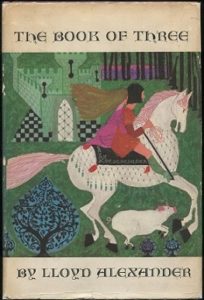
Yeah. So, I was a fantasy/science fiction reader from the start. I loved…The Chronicles of Prydain was one of my favorite early books. I read Monica Hughes. I don’t know if many readers remember Monica Hughes books. She was a Canadian science fiction author.
I do!
Yeah! Devil on My Back was a book I really loved when I was a kid. I read, well, Narnia, of course, Susan Cooper’s The Dark is Rising, all of those books. And I also loved animal stories. I read, like, all of those Black Stallion books.
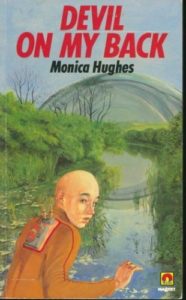
Oh, me too. You know, I always like to point this out. Walter Farley actually wrote science fiction in the that arc with…the Island Stallion books actually have a science fiction twist.
Yeah! Yeah, so I loved those stories as well. So, I graduated later on in my teens to Isaac Asimov, Ray Bradbury, Anne McCaffrey, all of the science fiction/fantasy greats at that time. So, I’ve been very much in this genre as a fan since the start.
Well, those are all the same books I read, which…and I also wrote my first…well, I didn’t write it, I didn’t write my novel quite as young as you, but you were mentioning it, and I just happened to have it on my desk, my first novel, which I wrote when I was fourteen. And you were…yours was 300. Mine was only 201 when I hit THE END, so you outdid me. And it’s in a binder that says “Eddie Willett, Algebra,” on the front of it.
Oh, that’s great. It’s an artifact now.
And it has little drawings of race cars on it. I sometimes take it to school readings to show off. So, how did the first…was the first book you wrote trying to get published, published, or did you have some false starts along the way? How did you break in, I guess?
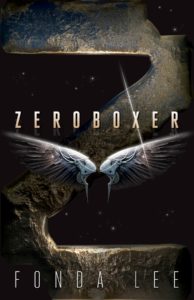
I wrote a practice novel that I knew would not be published, but I just wanted to teach myself how to write a novel. So, I wrote a novel that never saw the light of day at all. Then I wrote a young-adult fantasy novel that I wanted to see published and I began querying it after it was done. It went through quite a few rounds of querying and it picked up some interest from agents, but nothing…but it didn’t go anywhere beyond that. And while I was querying that novel, I wrote Zeroboxer, which would become my debut. And I took that novel, as well as the one I had been querying previous to it, to a writing conference here in Portland called Willamette Writers. And I didn’t really know which of these projects I should pitch, but Zeroboxer was hot off the press, I had just recently finished writing and revising it and felt like it was in shape to start being sent out, so I pitched that, and I got a lot of agent interest. A number of agents said, “Send me the manuscript right away.”
So at that point, I sent out queries to those agents as well as others that were on my list, and within a couple of weeks in offers of representation, I signed with my agent now, who…I’ve had him since the start…and we did a round of revision, took it out, and within three months we had an offer. So, between me finishing that novel, that would have been August…that conference would’ve been August of 2013. And we had a book deal in December of 2013. So when it happened, it happened quickly.
It doesn’t happen that way for everyone.
I know, it’s funny, because publishing often does feel like it’s slow, slow, slow, wait, wait, wait, wait, wait. Then it happens and it’s like, boom, all these things start cascading.
Well, I often ask authors if they showed their work to people when they were starting out, but clearly you did, since you wrote with a classmate and put all your classmates in it and gave it to them as a graduation present. And the reason I asked that is because it’s…for me, that was when I kind of discovered that, “I’m writing stories that people actually do enjoy reading.” Did you have any formal creative writing, training or anything along the way? Or were you just…you read and then you wrote, which is what I did, so I often ask that question, too.
Yeah. So, I did not, when it came to formal educatio. In fact, I regret that fact, because when I was in college, I took an English class, and then I think…I probably took a couple of English classes that were required. But I also had finance and accounting and marketing and all of those. And my English classes were…the English department was sort of against giving out As to what no matter what I did, I would always get, like, a B-plus, sort of regardless of, you know, the quality of whatever essay I was writing. It seemed like everyone in the class got somewhere between like a B-minus and a B plus. So, you know, academic overachiever that I was, I was like, “Well, I’m not going to have this dragging me down.” So, I ended up not taking future English classes in in the latter half of my undergrad except for one class that I couldn’t resist. And that was a class on the history of science fiction. And I ended up doing a term paper on Mary Shelley’s Frankenstein, and we read stories by Sawyer and Bradbury. And that was, of all the classes I have taken…I don’t remember a thing from Finance 101, but I remember that undergrad science fiction class.
But, in terms of craft of writing, once I started getting serious about it as an adult, I took an online writing class through continuing-ed classes, I applied and got into the Viable Paradise Writing Workshop–which I’m going back to this year as a faculty member, which is pretty cool. And those were ways for me to get into, first of all, the discipline and habit of writing and treating it really seriously and improving my craft, and also a way to meet other writers and find a community and get validated that, yeah, like, “This is this is really something I could do and want to do.”
Have you ever had any writing groups that you belong to, like critique groups or anything like that, that some writers have?
Yeah, I have…actually my Viable Paradise classmates. I’ve asked them to read for me on occasion. I have a beta reader group. So, I don’t have a critique group that follows the model of meeting once every couple of weeks or every week to share small pieces. I need to write my novels in isolation and I don’t show them to anyone until they’re in pretty decent shape. So, I’ll go for a year or more without showing my work to anyone. And that’s…especially with these novels, thay’re so long. So, I need to write by myself and get it into…see the whole shape of it first. And then I will send it out to beta readers. I’ll have a few people read it and I’ll send it to my agent and he reads it before it goes to my editor.
Well, we’re going to focus on the Green Bones Saga as an example of your creative process, but I did want to mention your earlier books, too, because you started in YA, and now you’re writing adult. And I’ve kind of crossed that divide myself, and back and forth, and sometimes there seems to be…and I was reading an interview with you in Locus, actually, and you were talking about this. There can be a kind of a confusion sometimes if your voice is YA, but your story is more adult, and I think you mentioned that in connection with Zeroboxer, and I’ve run into that, as well. So, what in your mind is the difference between writing YA and writing adult, and how do you go back and forth between them?
So…over the years it’s clarified in my mind that young adult is very much about voice and perspective. I don’t approach the writing of my YA novels differently than my adult novels, process-wise, the same amount of work goes into developing the world and the characters and the storyline. But with my young adult novels I have…I’m conscious of wanting to make them much tighter in terms of the perspective and making sure that that teen mindset, that teen voice, is there, because you can have any number of things going on in a YA speculative fiction world.
Exo is a good example of this, my duology. It has not just global stakes, but interplanetary stakes, where there’s a war between alien races and Earth is potentially caught in the middle, and there’s…entire human cities get demolished. So, it is very…it’s the same stakes as you would find in any big space opera. But it is very focused on the main character, this seventeen-year-old guy named Donovan, and everything is filtered through his experience and him trying to figure out what he should do, what his responsibilities are to his friends, his family, his cohort, to humanity. And that is, I think, the defining characteristic of young adult, is that, no matter what’s going on, it is still about the teen character.
And a good example of this is Hunger Games. Hunger Games…by the end, Katniss is leading a revolution against the capital, but it doesn’t zoom out like an adult novel might and go to whatever political machinations are occurring in the glass towers of the capital. It’s always with Katniss and her situation, her romantic tribulations and her struggle to survive and so on.
So, with my adult fiction, I feel a lot more free to expand the perspective and the scope. And that was certainly the case with the Green Bones Saga, because I knew from the start that it would be a family saga, and that it wasn’t about one character, especially one teen character. It was going to be a cast of characters, different ages. Their relationships were gonna take center stage. The world was going to be a very…there was gonna be a lot of stuff happening in different places. So, from the start, it was pretty clear to me that it was an adult novel. And my very first novel, Zeroboxer, I think could have gone either way. And that was..it ended up being picked up by a young adult imprint and published as young adult, but looking back on it, it could have gone either way. And now I’m more cognizant of deciding early on, figuring out early on what type of story this is.
See, what happened in my case was my…I wrote under the pseudonym E.C. Blake–who was a guest host on here and interviewed me–E.C. Blake interviewed Edward Willett in an earlier episode of the podcast. E.C. Blake wrote a fantasy trilogy, Masks of Aygrima, with a fifteen-year-old female protagonist. And it was always conceived as a YA book in my mind. But DAW wanted it, and DAW doesn’t have a YA line, so it was published in the adult fantasy market. And I got it from two directions, with people saying, “Oh, this read like a YA book”–well, yeah–and others saying, “Well, this is too adult for my YA readers.” So, yeah, I’ve been caught like that too. And the funny thing is Worldshaper, my latest novel from DAW, is up for a…well, it’s longlisted for the Starburst Award for best young adult novel.
Congratulations?
Yeah, but there’s not a teenager in the entire story. The main character is in her late twenties, and I still don’t know how it ended up being considered a YA novel. So…
Well, there is a grey zone, certainly, there’s kind of this blurry line, and what I see is a lot of young adult conventions filtering up into adult fiction. There’s more adult spec-fic these days that features young protagonists that kind of adopt some of that YA pacing and tone. So, there is certainly a gray zone in between there, but eventually, at the end of the day, your book has to sit on a shelf somewhere and the publishing powers that be need to be able to tell the buyers at bookstores this is where you’re your book is going to sit.
And the young adult’s over there, and the adult’s over there, and they’re two different things.
Right.
Well, let’s talk about the Green Bones Saga. Well, first of all, perhaps a synopsis without giving away anything you don’t want to give away, because if I talked about it, I might give away something you don’t want to give away so you synopsize it, and then we’ll go from there.
So, the Green Bones Saga is a modern-era epic urban-fantasy gangster-family saga that I have on multiple occasions described as The Godfather with magic and Kung Fu. It takes place in a…
That’s pretty much I would have described it, so…
It seems to work for people. You know, it’s nice when you can encapsulate your book in a couple of sentences, because you get asked to do it quite a bit. So, it is set in a secondary world on this fictional Asian-inspired island metropolis called Kecon. And what distinguishes this island is that it is the world’s only source of magic jade. And this magic jade is this resource that the Keconese people have long had to themselves. And it gives those who wear it these superhuman abilities that are not unlike superhuman abilities you might see in Wu Chia-Hsiang Kung Fu-movie martial-arts heroes. So they can…they have enhanced strength and speed and perception. And they can, not exactly fly, but they can, you know, jump great distances.
So, they have over time developed this warrior caste called the Green Bones. And the Green Bones can use jade, but not without cost, because it’s not like anyone can use it, they have to train for a very long period of time. And if you have too much jade or you’re too sensitive to it, bad things happened, including madness and death.
So, the story follows one of the two clans that ostensibly rule the city. And these two clans used to be united back when they were patriotic organizations that fought against foreign colonialist powers, but have since become rivals. And the No Peak clan is one of these clans, and it’s led by a family called the Kaul family that has this aging, bitter patriarch who has four grandchildren. And the story is really about them. The brother Lan is the head of the family now, and he has a younger brother, a younger sister, and they have an adopted sibling. And clan war is looming on the horizon. And one thing leads to another and all hell breaks loose. So that is pretty much the summary of Jade City. And Jade War…
I think the title gives something away there.
Yeah! So, Jade War is the second book, and it expands on a lot of the things that happened in Jade City and takes this conflict between the clans and then sees it become an international one on the world stage. So, that pretty much sums it up. You know, it’s very much a mash up of things that I’ve loved. I’m, you know, a big fan of. of Wu Chia-Hsiang Kung Fu films, gangster movies like The Godfather and Goodfellas, and epic fantasy. So, all of those came together and and became this mash-up in my mind that I created in the Green Bones Saga.
Was there…and I guess this applies to all your novels..is there a kind of..do ideas come to you in sort of the same way, is it like an image, or something you’ve read, or two ideas banging together? Or…how do how do stories begin for you? And how did this one in particular begin?
Yeah, so, stories come to me in different ways. With Zeroboxer, it was the storyline that came to me first, the plot came to me first. With my young adult duology, Exo and Cross Fire, the character came to me first. And with the Green Bones Saga, it was the world.
So, this story came to me actually as just the premise of this magic jade and the aesthetic that this world would be, this kind of gangster fantasy. And the first thing I wrote down in my writing notebook was Jade City, was the title. So, that was the first spark. And I wrote Jade City, and then I wrote, “Modern-era world where combat is hand-to-hand. There’s guns and cars and so on, but power rests with those who have magic jade.” And that was it. I had no plot, I had no characters, I had nothing. I just had that idea. And then it sat in my notebook for a very long time. And like many good ideas, it accreted material around it like a piece of sand in a oyster shell, until I had enough to grasp onto it and then start turning it into a book.
Well, and what does that process look like for you, when you start building on the initial idea? How do you then develop a story, and do you end up doing a detailed outline, or are you more of a “let’s just get started and see what happens” kind of writer?
I do write an outline. For me to start writing. I need to know the beginning, I need to know the end, and I need to know some of the big turning points in there between the beginning and the end. And I won’t start writing until I have that. And I will do at least two to three months of just research and brainstorming. And for every book that looks different, but it involves a lot of reading and just absorbing as much information as I can that will help me in that creation process.
What are the things you researched for Jade City?
So, I did everything from, you know, watch a lot of Hong Kong crime dramas to read up on the gangs of New York and the history of the Italian American Mafia and Cosa Nostra, and articles, non-fiction articles about the Yakuza and the Triads and, you know, everything. And oh, jade mining, you know, drug production and smuggling. Anything that I knew would kind of have some bearing in this fantasy world. So I kept a notebook. I have a Scrivener file where I’m just dumping loads of research, and I’m just collecting a lot of stuff and seeing the connections and figuring out how that works. So, for example, you know, I’m seeing connections between…how the Italian-American Mafia family structure could be combined with, like, the flowery titles and ranks used in the Triads. “OK, I like both of those ideas. How am I going to work those into the story?” So, things like that.
And then I will do a lot of just free writing, outlining, writing, like character, little profiles of characters. And then at some point I feel like I have enough of an outline. The outline is helpful to me only as a safety net, for me to feel like, “Oh, I can finally start writing,” because I know that it will change. I know the outline is most likely not going to stay the same. But I have it to at least get started. So, then I set everything aside, close all the research files so that I’m not tied to them, I’m just keeping them in the back of my mind. And then I start writing.
You mentioned doing character profiles. What do those…well, first of all, how do you find the characters that you need for the story and how do you go about developing them?
So, they they start off as fulfilling particular roles in the story I want to tell. So, the siblings, I knew the main characters would be members of this family. And so, it helps to have a vision of what you want this story to be. And because I knew this was a family saga, I knew the main points of view would revolve around this family. And then I started kind of fleshing out, what would the roles be? “What characters do I want to have in this story?” So, I knew there would be a character who is going to be sort of the responsible one, you know, the prudent, reasonable leader. And, you know, he was the elder brother.
And then I knew that other characters were going to be playing off of each other, and there was going to be a much more emotional, impulsive, charismatic brother, and he would be this counterpoint to his older brother, but he would also have this rivalry with his sister, who was very similar in age. And she was bringing a different perspective because she rejected their upbringing and all the constraints of that patriarchal society and left. And she’s coming back. So, I knew that she would have a particular character arc.
So, I just started off, and then I was like, “Okay, well, I also want a character who is new to this, like, he’s the protege, and through him, I’m going to be able to introduce how this jade magic works and how people come up in this world, because that’ll be…the fact that he’s in school, he’s going to be able to show the reader, you know, how people train to be able to harness this magic.
So, they start off as fulfilling specific rules in the story, and then they gain their own unique identity, and then the story starts responding to them. So there’s this interplay. It’s not like, you know, the characters come first and then the plot, or the plot comes first and then the characters, they’re very much sort of interacting, and there’s this whole iterative process between them and the storyline.
Characters change as you write, at least, mine do, from what you might have initially. But as you throw them into situations, you see how they react and how they interact with each other. And I’m always fascinated by that, because these things…we set out with an idea in our head, and yet somehow, as the words flow out of your fingers, it’s not always an entirely conscious process. It’s quite fascinating to me.
Yeah, definitely. I mentioned the outline changing. I initially had…even though I knew how the story would end, I didn’t have the specifics of it correct. So, I had an idea of what the final big climax would be. And as I wrote, I realized, “No, based on what the characters would do, that’s not going to be how it how it goes.” So, you’re right, there’s this…things change, because you get to know the characters better. You start off…they sort of start off as puppets doing your will, having…you’re just trying to move them around. And then by the time you’re finished, get to near the end of the book, you know them a lot better, and you go back to the beginning and start revising and you’re like, “Oh, yeah, no, that’s not really how he would say that. So, yeah.”
So, yeah, and I want to talk about revision process in a mintue. But I also wanted to ask about the…there’s a great fascination in people who are interested in writing fantasy with creating magic systems. And this one is unique, I think. I don’t think I’ve seen anything quite like this. And I kind of like the fact that it’s just this one single magical thing in a world that is otherwise very much like ours, and how that changes things. Is that kind of what you were going for?
Yes, definitely. I really like my fantasy to feel very grounded. And, you know, I’ve never really gravitated towards writing high fantasy, if you will. And before I wrote this series, I was writing science fiction.
And this does have a certain amount of a science fiction feel to it just because it is a high-tech world.
Right. And I’ve had that comment before, that this feels like a fantasy where the magic is treated in a science fiction away. You know, there’s…you may not have reached this chapter yet, but there’s a scene where the Jade is being referred to by these foreigners, and they’re calling it bio-energetic jade. Because, you know, it’s not magic in this world. It’s magic…
To us.
To us, but the characters just see it as, “This is just the way it was,” just sort of…I mean, it’s something that we don’t totally understand. I mean, I’m not sure I totally understand quantum physics. It’s magic to me, but it exists. And so, these characters don’t think of it like magic. In fact, there’s never the use of the word magic in the entire series.
So, I like to write the use of, the existence of, this substance as a way to to heighten and examine the social conflicts. So, the fact that this jade exists creates the particular structure of this civilization, and the fact that other countries are coveting it and that technology is impacting its use is also playing in here, because if there was this substance in our world, you know, it wouldn’t be like a fantasy novel where there is birthright and only certain people are born with magic. There’s a drug being created that would allow other people to use it. And that’s just feels very real to me. Like, yes, of course, like, someone would apply science to this magic thing and figure out how to use it more widely. And so, all of those things are playing into the story.
And it was very much my intention that, you know, this magic substance is a resource. And with any scarce resource, it’s going to create disparity of distribution. It’s going to create conflict. It’s going to create, you know, social questions of, you know, how it’s viewed religiously and socially. So, all of that is part of the story, and it’s not, you know, it’s not treated like magic. It’s just treated like a fact.
In the family and the clans and the whole society, there are all sorts of different points of view being presented and bouncing off of each other. And I noticed in your previous interview that you were a high-school debater, which stuck out for me because I was also a high school debater. And I do think–and I think you mentioned it, this was in the Locus interview–when you do formal debate, you have to argue both sides.
Right!
It doesn’t matter which one you personally are drawn to, you have to argue both sides to the best of your ability. And I think that does come through in the book.
Yeah, I think it is very much present in, I think, almost all of my writing, honestly, I feel like I don’t ever want to write just obviously good characters and obviously bad characters. I like to write stories where you can see the point of view of the other side. Like, the main antagonist in the Green Bones Saga is Ayt Mada, who is the leader of the opposing clan. And, you know, she makes some pretty good points. You know, she wants to kill all of our protagonist characters, but, you know, she has reasons for why she’s doing what she’s doing. And I like to think that I can rewrite the story again from the other clan’s point of view and make a case for your sympathies that way.
That was certainly my approach when I was writing my young adult duology as well. It would be easy to write a teen protagonist who is just, you know, plucky hero fighting against the aliens. But I made him a security officer whose job is to enforce the laws under alien governance. And, you know, there is…because of his position, he can see a lot of the good things that have come out of the intergalactic trade and being part of this larger alien empire. And so, there’s…I like to…I like having characters in that gray zone of, you know, moral ambiguity and which side is right. Is there a right side? And I think that does come through in my writing, even if it…regardless of whether it’s YA or adult or fantasy or science fiction.
So going back to your actual process, what…you said, you have to write in isolation, do you sit at your desk for four or five or six hours a day in your home office? Do you go off and write in a notebook under a tree somewhere? What’s your actual writing process look like?
Much more like the former, the sitting in my chair at the desk for four to five hours. Not always in my home because…well, sometimes in my home, maybe about half the time. and sometimes I just need to get out and have a change of scene. So, I’ll go to a coffee shop or the library and I will write there. But I try to…not necessarily write the same amount of time or the same number of words every day, but I have short-term and medium-term goals that I set for myself by backing in from what I need to get things done. So, I know that I have to hit some deadline at some point and I’ll back out from there and say, “OK, well, that means I need to have a second draft by this date, which means I need a first draft by this date so I have time to give it to better readers…” So, if I know when I need to get a first draft done, then I’ll be like, “OK, I really should try and get the first half done by the end of summer,” for example. And that means I need to really get about X number of words, or this week I’m going to try and get these two scenes done. and then I’ll block out time to do that. So it’s, you know, it’s always thrown for a loop by the schedule, whether I’m traveling or, you know, other things are going on.
But I work best when I am by myself and it’s quiet. I don’t even listen to music. I put on noise-canceling headphones with ambient noise just in the background, like rain falling–it’s actually quite easy because Portland is usually raining, so there’s usually background noise of rain falling–and a big cup of tea. If I can get a solid three to five hours, that’s what I’m most productive.
Now we’ll circle back around to the revision process. So, you mentioned first draft, second draft, so I’m guessing you do a complete first draft and then go back and rewrite from the beginning. Is that how it works?
You know, it depends. It’s kind of…every book sort of is different in that regard. I don’t always do a full first draft and then go back from the beginning and start rewriting. Sometimes that is the case. That was the case with Zeroboxer. I just got, boom!, all the way through and wrote a first draft, but other books have sort of defied that model. Jade War is a good example because I had multiple POVs and they were in different places and I couldn’t write straight through. I would lose the thread of the overall narrative, so I had to write non-linearly. I would write one character’s POV, and then I would write another character’s POV, and I would try to figure out how to stitch the…where they were intersecting and where they fell in the overall timeline…and then stitch them together. And it was…it was more like quilting then like one straight, you know, knitting process. So, I couldn’t even tell you what draft I was on at any given time because it would be like, “I don’t know, is this like 2.34?” Because there would be parts where I had written it and then I had revised that part, but I had still not written the first draft of this other part. And so, it was just all piecemeal and all over the place. So, you know, at some point the idea of even like first, second draft just sort of fell apart.
Once you had it to the point where you considered it more-or-ess complete…you mentioned beta readers. So, what do they provide for you?
So, I will send it to beta readers to have them read the whole thing and give reactions on the structure, which parts felt like they needed more work. Maybe where things were not clear. It really is just to get outside eyes on it.
How many do you have? And where did you find them?
I have, you know, usually between three to five people read it, not including my husband, who I also use as a reader. And I’ve found them from, generally, just the writing community here in Portland, and other spec-fic writers who are also working on novels, because though we don’t have these expectations of meeting every second week, we just are very much…we’ve set it up so that it’s a…we get in touch when one of us has a novel that is done.
So you do the same thing for other writers as well?
Right.
And then once it gets to the editor, what what does your editorial feedback look like?
Well, my editor is…I’ve had multiple editors. So, I have an editor for my YA–I’ve had two different editors there–and obviously my editor at Orbit, and usually it goes to my editor, and then there’s silence for a little while, and then I get this very long, very daunting letter back, you know, with all the reactions and what needs work. And then I look at the letter and I panic for forty-eight hours, and then I set up a phone call with my editor and we talk through it.
And I find…I really…the editorial process is one of the best parts of of the whole writing process, even though it is very stressful at times. It’s where the book really gets better. The editorial feedback is just so intensely valuable. And the editor is both a source of misery, but a real…but also, your greatest champion. Because my editor wants the book to be true to my vision and to be the best possible version of itself that it can be. So, it’s really a partnership. And my editor is frighteningly efficient. I think I turned in Jade War…I can’t even remember exactly when I turned it in…but she read it and had this long edit letter for me like two weeks later, I don’t think I’d even really fully recovered from finishing it and handing it in. So when the edit letter came back it was like whiplash, ’cause she had read the whole thing and gotten back to me with notes so quickly.
But I think a lot of aspiring writers fear the editorial process. I get this a lot. I’ll teach writing workshops and writers will say things like, “Oh, but like, you know, what’s it like when the editor wants to change your book? Like, do you have to listen to them?” And these…they’ll have comments that make it seem like the editor is your enemy. And, you know, “What do you do if they want you to change your book?” Most of the time, that is not not how the relationship goes at all. I mean, I’m not saying there are no bad editor relationships. There certainly are. But in my experience, you know, you and the editor are working toward the same goal. And every one of my editors has made my books better.
Well, you have a pretty impressive list of awards that you’ve picked up along the way. What have those meant to you, to get that kind of professional feedback?
I mean, they’ve been…they’ve meant a lot because, you know, they are…they’re first of all, a sense of, “Wow, like people actually are reading my books and they like them and they think they’re good.” So, I often say this, it’s funny because awards are both very meaningful and meaningless at the same time. So, they are very meaningful in the sense that you have received outside validation that you’re doing pretty well and other people in the know, especially if it’s a pure award like the Nebula nomination, I know I’m being nominated not just by, you know, any random person, but all my fellow science fiction and fantasy writers, whom I respect and I know that that isn’t a nomination that’s given lightly. They’re not going to nominate something that they don’t think is well written. So, it’s very meaningful. The World Fantasy Award, which I won, was hugely meaningful because I knew that…it’s a juried award, and these jurors are chosen carefully, and they’re like experts in their field, they’ve read a lot. They read–I don’t know how many books in order to come up with the shortlist and then to decide. So, it’s incredibly important. It’s a huge honor to get nominated for any of those major awards and to win an award like that.
At the same time, it doesn’t change your day-to-day life or routine. Like, you have this burst of achievement and joy and people are congratulating you, and it feels amazing for a short while, and then it’s, you know, it’s back to work. You know, you’ve still got a sit down, your life doesn’t change overnight or anything like that. It’s not like, you know, you’ve won the lottery in publishing and now from now on, you know, you’re not going to get rejected anymore like you. It’s not a magic sales ticket. It’s not like, you know, the next day suddenly you’re, you know, raking in dough. You get the validation and you enjoy it and you bask in that achievement and then you sit right back down in your chair, and you’re still facing the blank screen the next day.
And, of course, with a lot of these things, you get recognized for something that to you is now way in the past and you’re struggling with something brand new.
Oh, definitely.
It’s like, you know, when get your book, and you…people say, “Isn’t it exciting to get your book?” Well, it is, but I have no desire to read it because it’s in the past, right? I’m working on something new.
Yeah. I remember actually feeling quite stressed after won the World Fantasy Award. I was smack dab in the middle of writing the second book. And the amount of…after the, you know, the excitement wore off, there was the pressure of, “Oh, great. Like, how am I going to write a sequel to live up to the first book?” Because now there’s expectations. So…and I feel the same way.
The same thing happens with book launches. Book launches are very funny because, you know, you’re launching a thing that you worked on so long ago. And you’re, you know, talking to interviewers and you’re doing bookstore events and you’re talking about this thing that you wrote and you’re acting happy and excited. You are happy and excited, but, you know, in the back of your mind, you’re stressing about whatever it is you’re working on right now. You know, “I still can’t figure out this plot point.” So it’s funny. Your brain is always kind of broken up based on the projects that are going on.
Well, we’re getting close to the end here, so this is where I asked the big philosophical questions. Well, one really, Which is simply…well, it’s kind of a three-parter. Why do you write, why do you think anybody writes, and in particular, why do you and I and other people write science fiction and fantasy?
So, I write because I love stories. And I think that stories are the truest form of human communication. I think everything that we do to relate to each other revolves around stories. Have you sat down with a bunch of friends that you haven’t seen for a few years or weeks? You immediately start telling stories, saying, “Oh, how’s it going?” And someone says like, “Oh, well, you know, last month I went here and this and that.” And they’ll, you know, they start telling a story.
I think that the stories are how we share ourselves with others. And everything that I write, I feel like I’m sharing something about myself with the world. And ideally. I’m sending that out into the world so that other people who read it will find something in those words that connects with them, and they’ll be like, “Yeah, like I feel like I relate and I understand and I see myself in that, too.” So, you know, there’s something personal about writing that…I think writers feel very drawn to kind of put their own truth out there. And, you know, when you see things in the world and, you know, you have personal experiences, you know, you can…part of, for me, the way to process them and to talk about them is to tell a story.
And when it comes to, you know, why science fiction and fantasy in particular? I think it’s a way to really stretch the imaginative boundaries of our minds, but then use that to tell fundamental truth or to reflect the human experience. So, if I’m going to tell a story about war, I could write about a specific war in our real history, but I can say something more, both broader and kind of more underlying about war itself in general, by putting it in a fantasy world or a science fiction world where, you know, there’s two alien races or, you know, it’s humans against cyborgs or whatever, and tell a story about war that way. And then I’m not bringing the real-life baggage of a specific event in history from our world into the conversation. Then it’s just a story about the truth of war and how it affects those characters and those characters are a stand in for, you know, any number of humans or people in our world.
So, I think that science fiction/fantasy really builds empathy in a way because, can you make a reader relate to a human who’s living 300 years in the future or an alien or a magical being or a robot? If you can, then you’re asking them to empathize with someone who’s very different than them. And that’s something that we can all use more of in the world.
I was going to say, this podcast is called The Worldshapers, and so I’ll ask you, as I’ve asked others, do you hope in some way that through your fiction you are…shaping the world might be a little grand, but at least shaping individuals and changing them in some way when they read your stories?
I certainly hope so. And I think that, you know, that is really probably the most validating thing about being an author, is when you hear from a reader who has really connected with your work and for whom your book means a lot. We all have those books in our lives where, you know, you feel like you read this book and it really shapedd, you know, our view on something, fiction or, you know, some issue or what have you. And having those moments…I mean, I’ve I’ve been honestly amazed and thrilled by how much international enthusiasm the Green Bones Saga has gotten. You know, I’ve had readers from the Philippines and New Zealand and Britain, like, people all over the world, who’ve said that they really love the fact that, you know, it’s a different take on fantasy, that it’s not fantasy that is set in some version of medieval northern Europe, that they are seeing fantasy worlds that that aren’t sort of the traditional mold of fantasy and that that meant a lot to them. That has been really, really awesome. And, you know, I think the fantasy genre as a whole is seeing a lot of that, just a broadening of, like, what sort of voices and stories are being told in fantasy. And I am really glad I get to be a part of that.
And what are you working on now?
Well, my answer is gonna be the same for the next year or so. And that is the third book of the Green Bones saga.
Does it have a title?
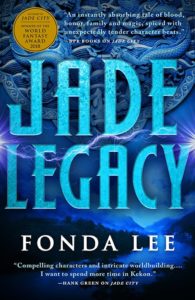
Yeah, there is, and I can’t announce it yet. Maybe by the time this podcast goes live, it will be public (It is, as you can see from the cover art at left – Ed.), but it does have a title. Orbit will be announcing it soon. And that will be my monster project for a while, because capping this trilogy is going to be no mean feat. And then I’ve got some other projects in the works that…well, I won’t speak of yet, but stay tuned.
And where can people find you online?
They can find me on my Web site, which is fondalee.com. I am on Twitter @FondaaJLee, and occasionally on Facebook. But yeah, people can certainly find me on the interweb.
I’m just curious, why is there a J in the Twitter handle and not on your website?
Only because the Twitter handle was taken by some sort of egg.
That’s so annoying.
Yeah.
Yeah. The reason this is called…well, it wasn’t a Twitter problem, but it was a domain name problem. This podcast is called The Worldshapers because Worldshapers was just being held by somebody who said, “Oh, well, we’ll sell it to you for $2,000 or $5,000, whatever it was. I said, “You know, I don’t think I need to spend that money on that.”
Right.
Well, thanks so much for being on The Worldshapers I enjoyed the conversation. I hope you did, too.
I did! Thank you, Ed. And I will be sure to signal boost once it goes live. And good luck with the rest of your interviews you have lined up. Sounds like you’ve got quite a lineup the rest of this summer and year.
Yeah, it’s going really well. So, I hope to keep doing it for a long time. Anyway…
Awesome!
Bye for now.
OK, bye. Take care.

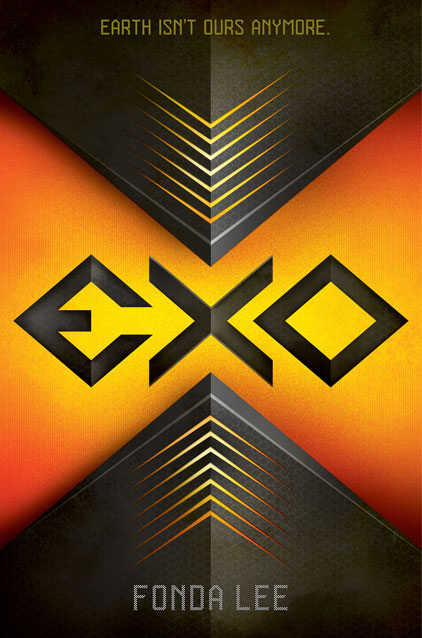
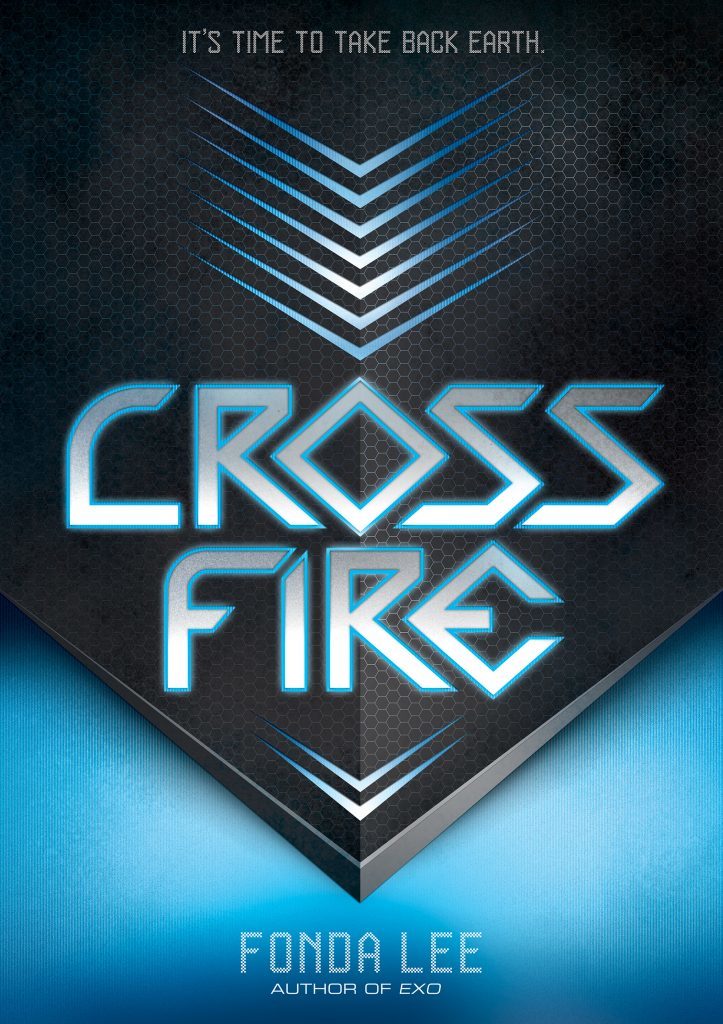
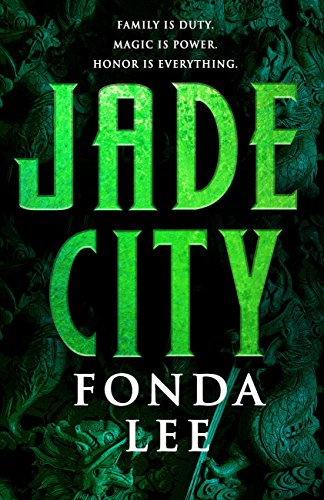
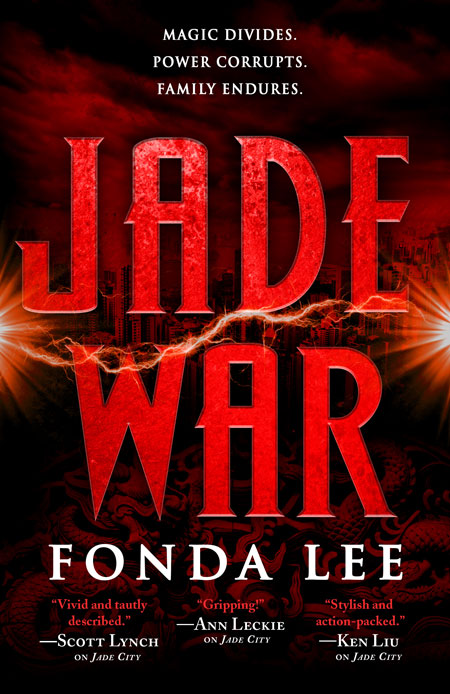
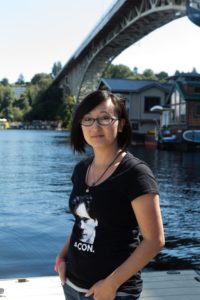
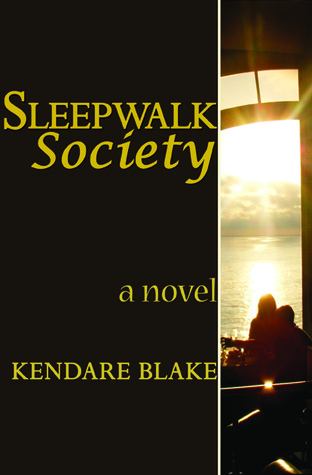
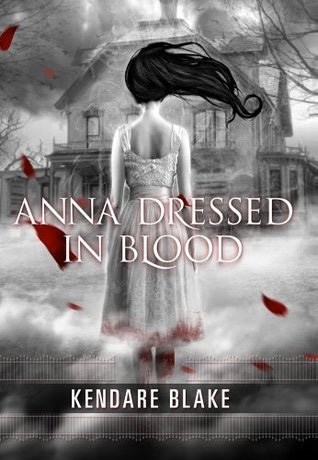
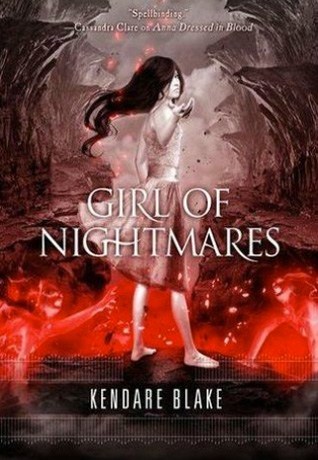
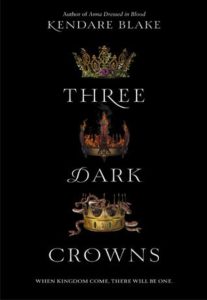
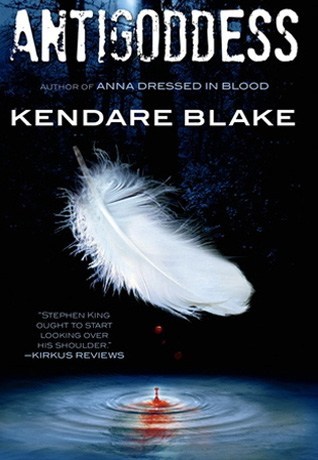
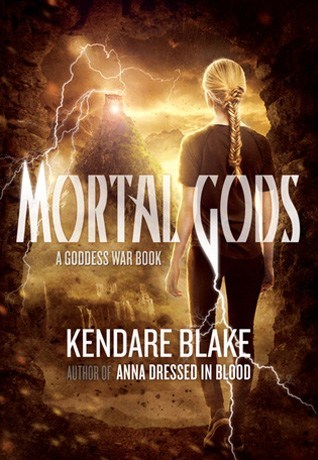
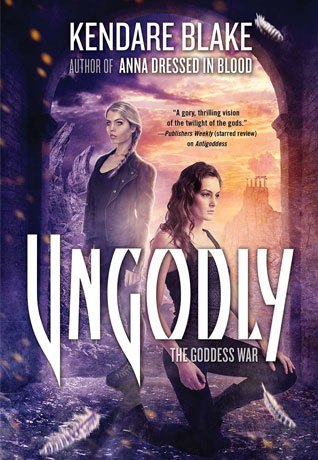
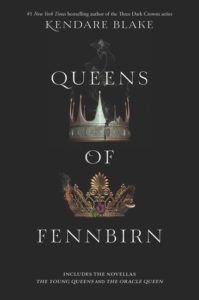
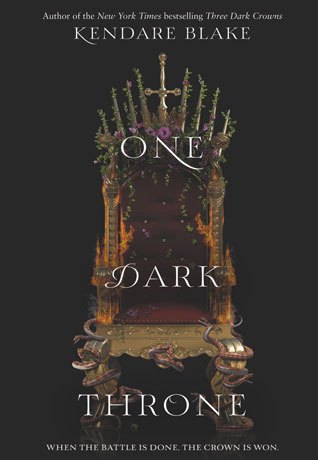
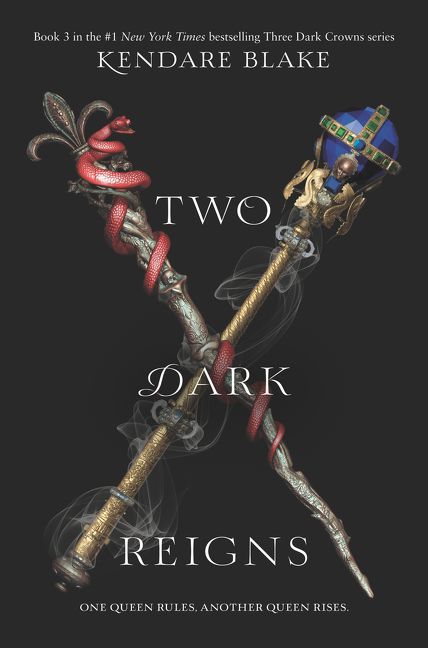
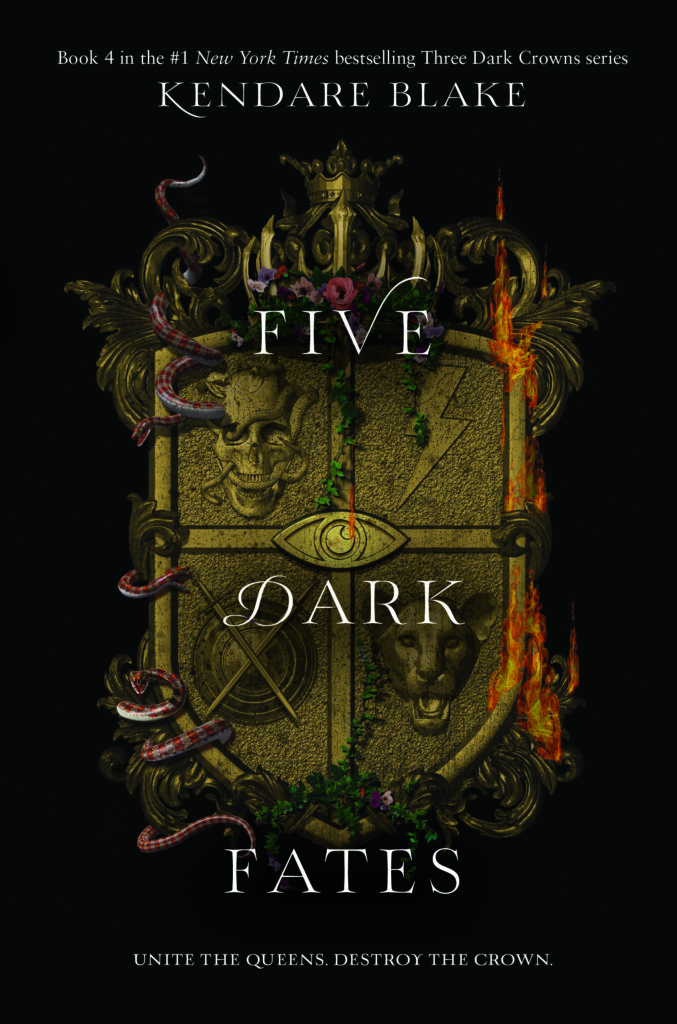
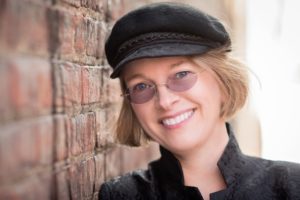
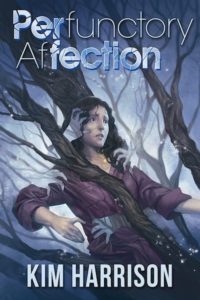
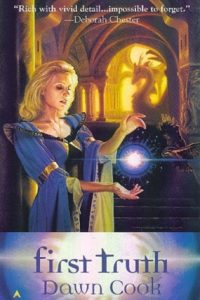
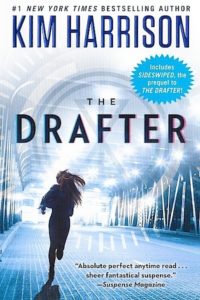
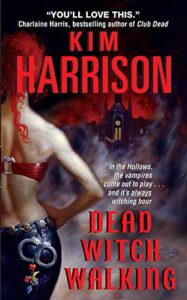
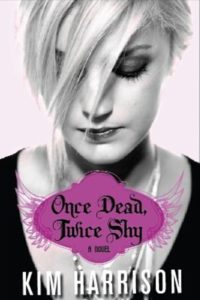
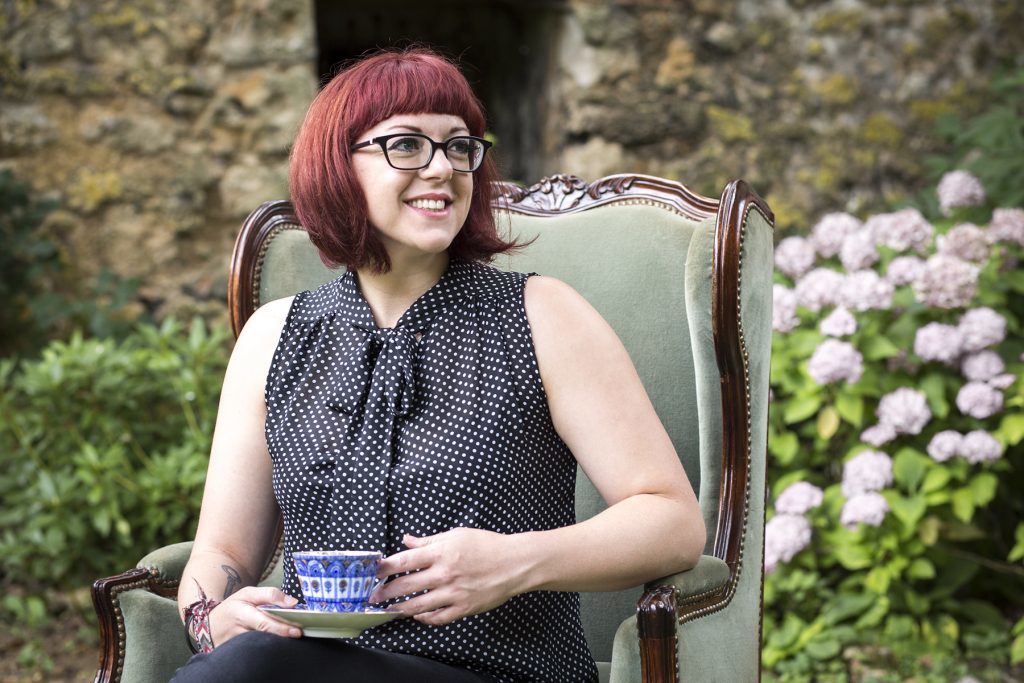
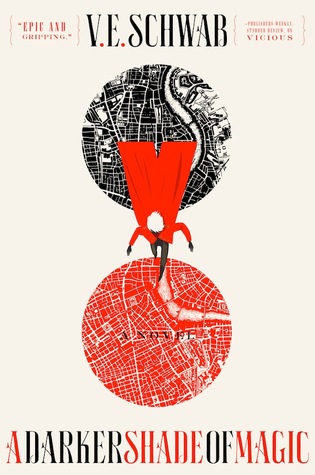
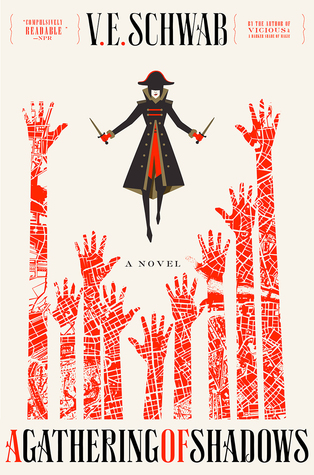
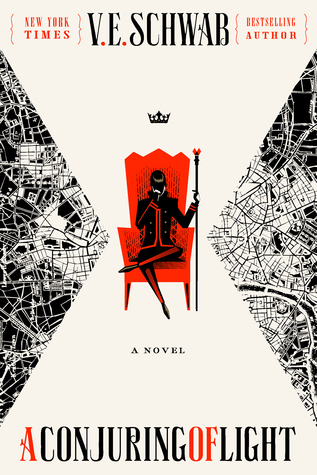
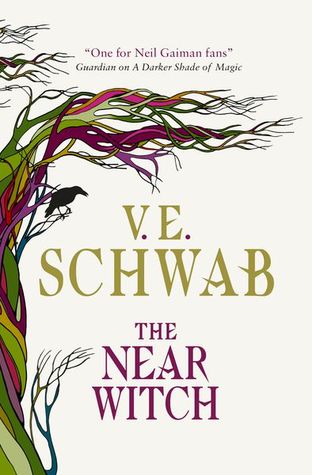
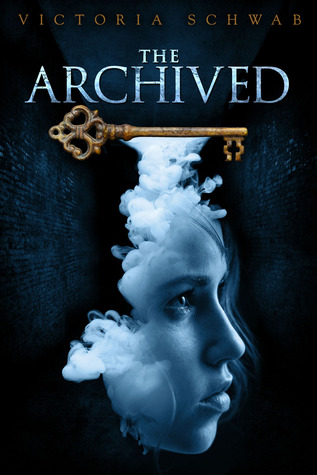
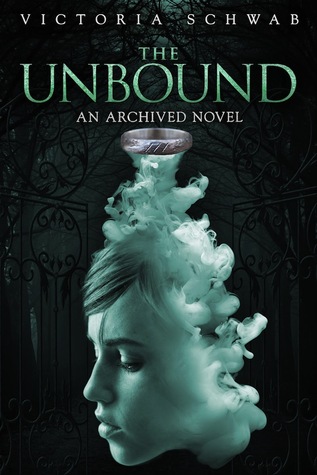
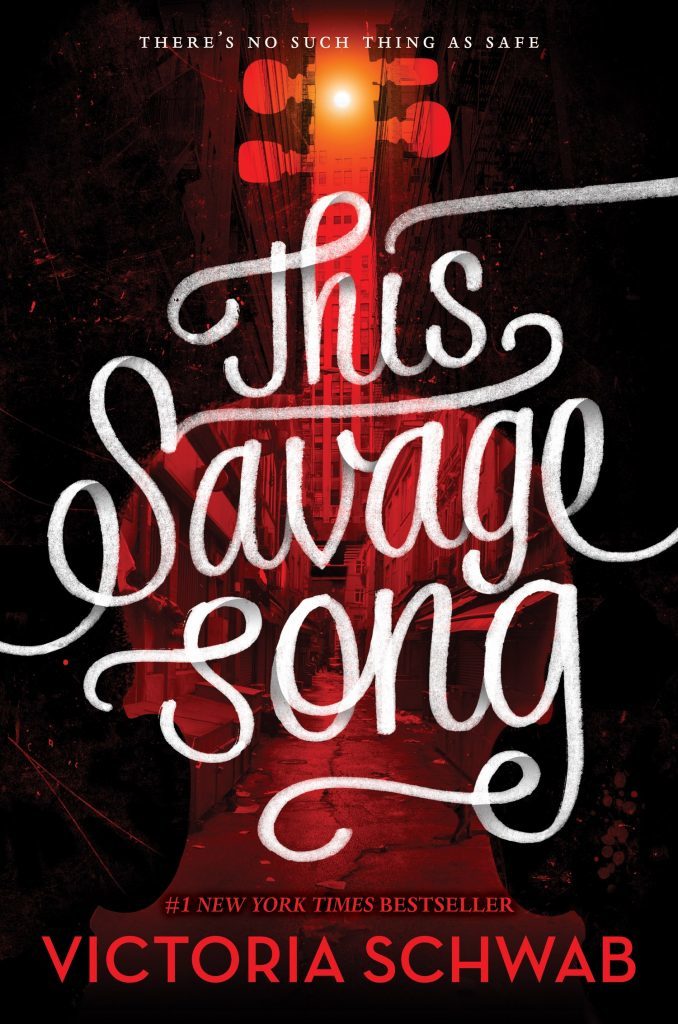
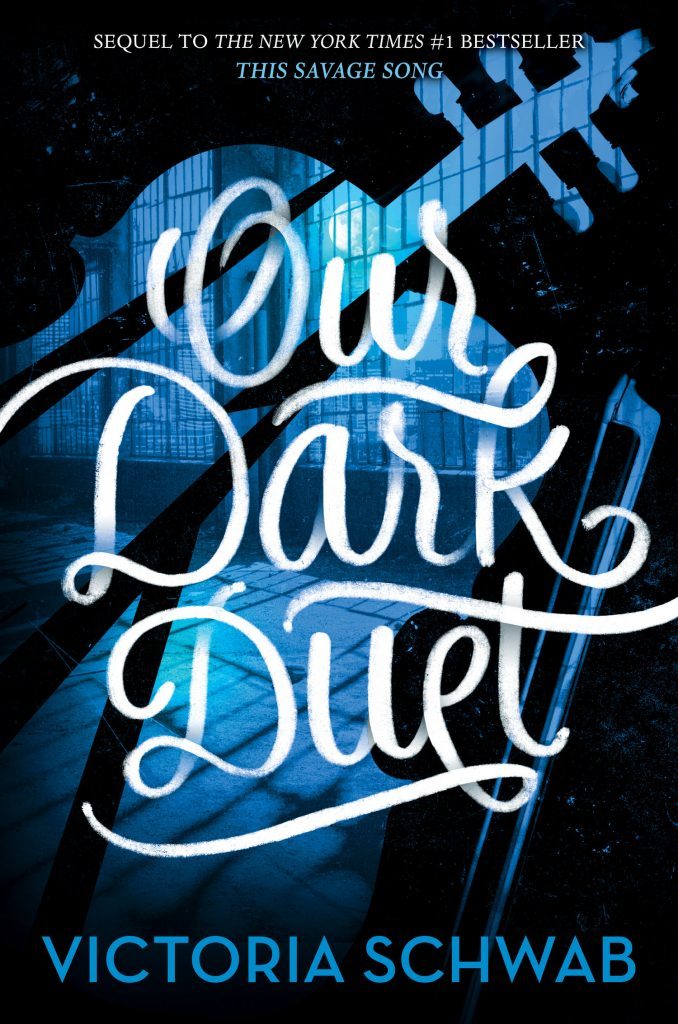
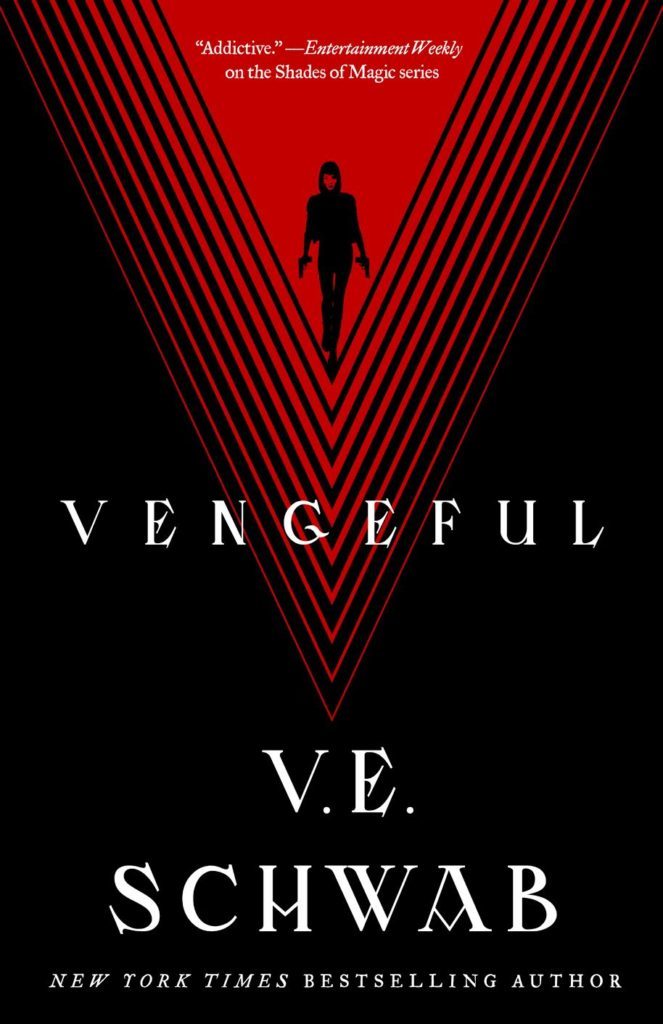
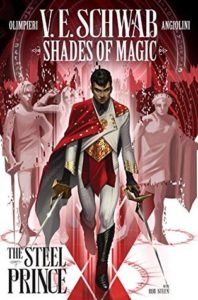
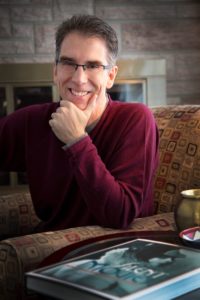
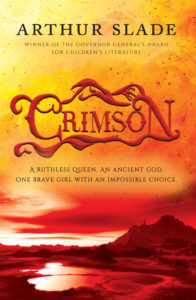 Art says he was inspired to write fantasy by The Hobbit. His Grade 4 teacher read it out loud to his class, and he says it was the first book read to them that he really “fell into.” In fact, he was so “agog” at it that when his parents took him away from school for a week to go on a family trip to Disneyland he actually felt kind of sad he was going to miss a whole week of the The Hobbit.
Art says he was inspired to write fantasy by The Hobbit. His Grade 4 teacher read it out loud to his class, and he says it was the first book read to them that he really “fell into.” In fact, he was so “agog” at it that when his parents took him away from school for a week to go on a family trip to Disneyland he actually felt kind of sad he was going to miss a whole week of the The Hobbit.